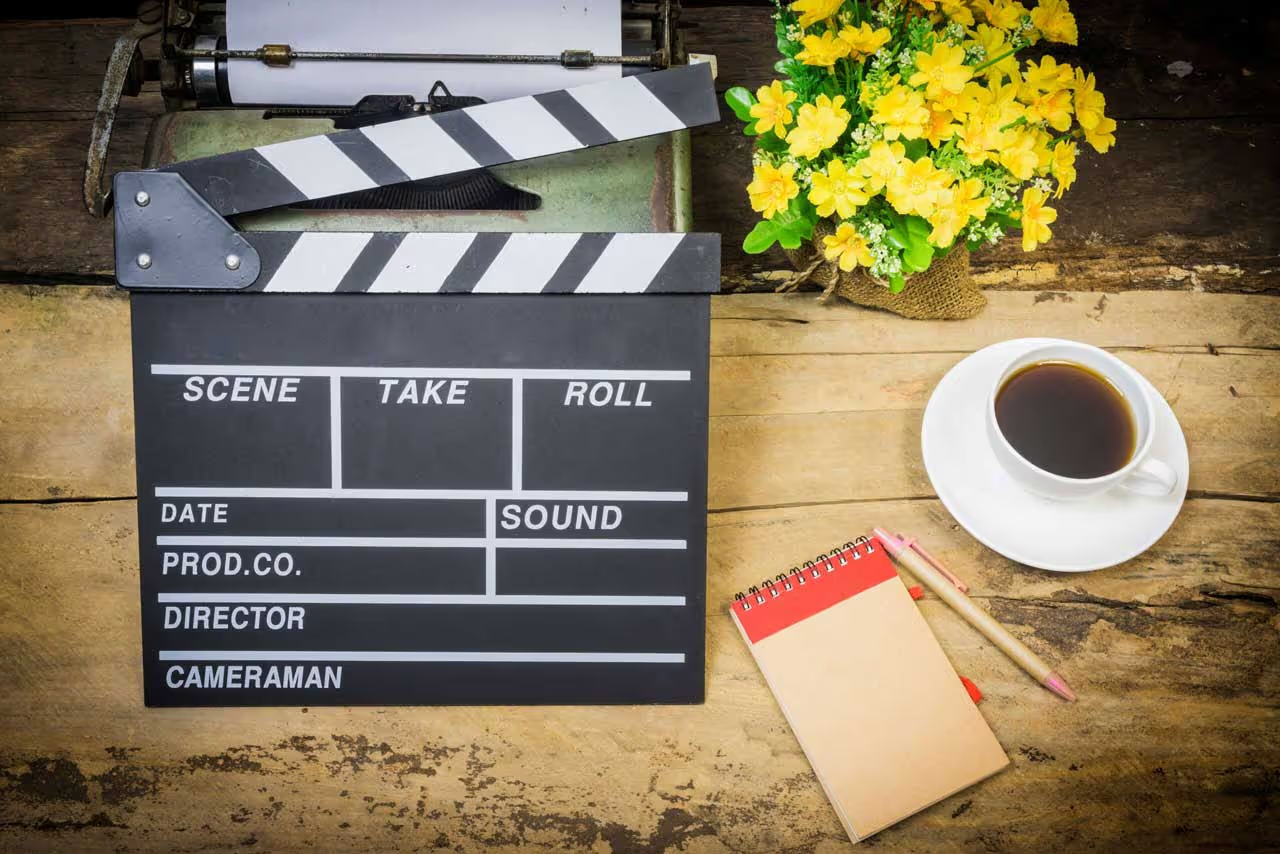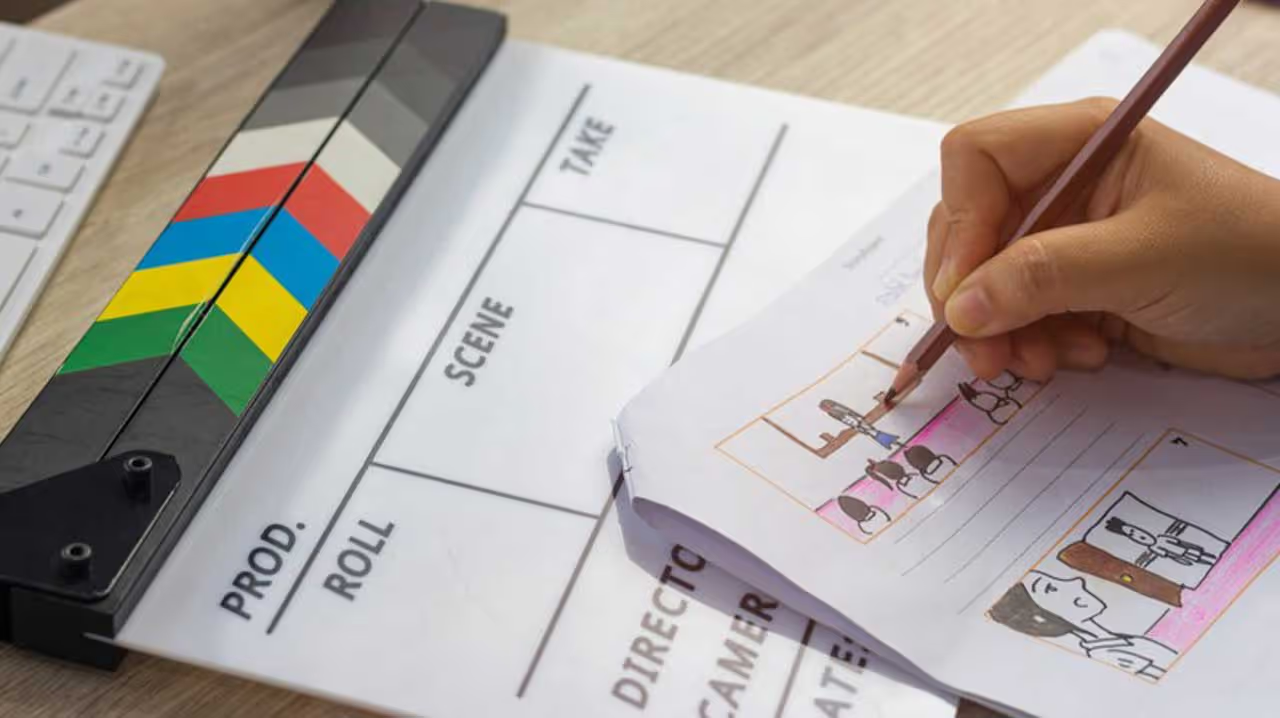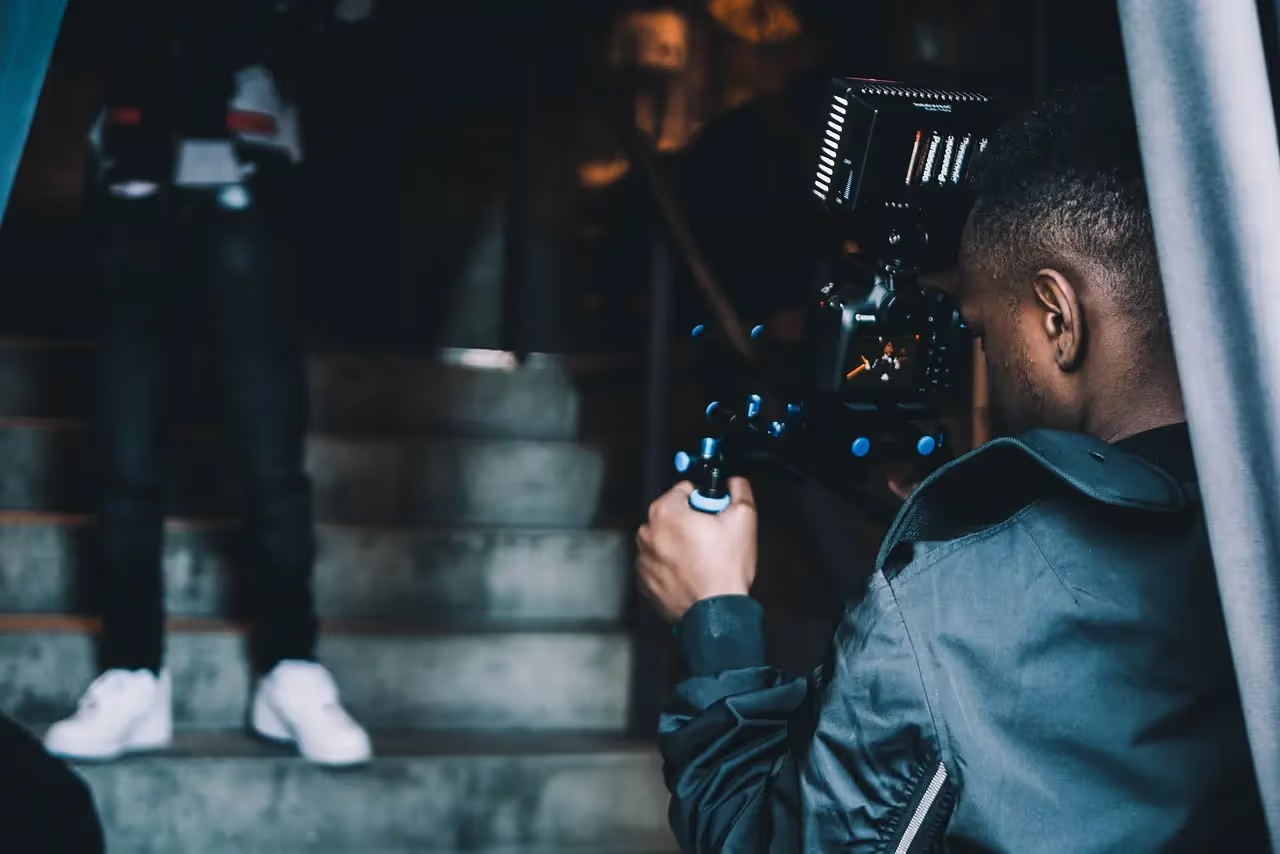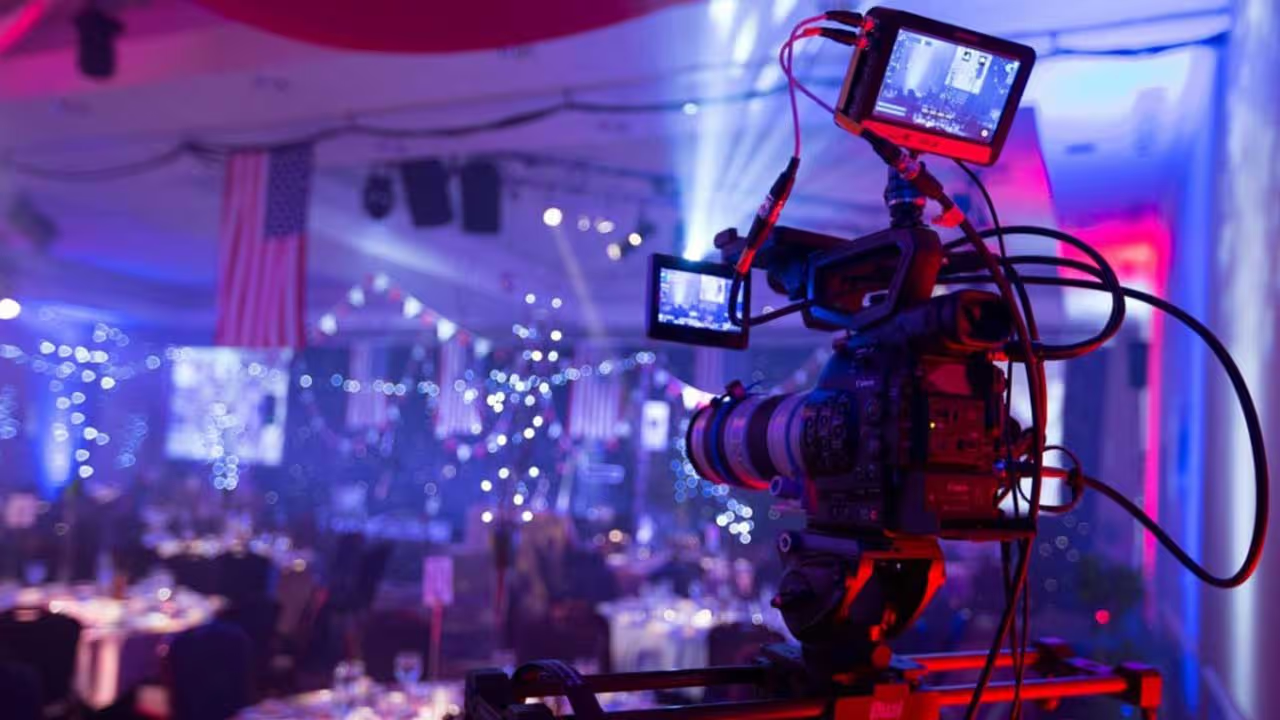Table of Contents
Getting ready for making a video is the first and really important step. If you're thinking about hiring a company for making videos, like Get Camera Crew, you don't have to worry too much about the making part. The company you hire should have a way they do things, and they should talk to you about any questions or deadlines. But that doesn't mean you shouldn't know what happens at each step! The more you know about making videos, the more you can help and the faster things go. So, let's look at a few really important steps before making a video and what you can do to make sure everything goes as planned.
A Complete Steps of Video Pre-Production

Creative Brainstorm
Pre-Production with Get Camera Crew kicks off with a chat with our team to understand your product, how it works, and who likes it. If you're doing this alone, you can list your product features and who might benefit from them. You've probably thought about this a lot when you started your company, so now it's about creatively summarizing your business plan and putting your ideas on paper.
Once you do this, it becomes easy to figure out who your video is for and what kind of video you want to make. This is like the base for all your video marketing.
Include important decision-makers in your creative brainstorming. This is where all creative ideas are discussed, no idea is too crazy! Talk about your video's characters, story, message, and style. Discuss how long the video should be. Consider how you want the video to be different depending on where you show it. Imagine your video and add any creative details you have in mind, like where your product should be shown or how a character should be dressed.
Once all the ideas are out there, start narrowing them down. If you're working with an agency, they can help you with this, using their knowledge to guide you and your company based on what works and what doesn't. Then, you can move on to the next step.
Also read: 20 Sites to Post Your Video for Gain More Reach in 2023
Scripting
After that, plan your video by writing down what will be seen and any product features or dialogue that should be included. This helps the video team know what they need to film, what actors or extras might be necessary, and any locations that need preparation and booking beforehand.
Your first thought might be to tell your story exactly as it happened, straight forward, from beginning to end. But that doesn't always make the most interesting video. Instead, think about videos you really enjoy. The best ones match the right dialogue with the right visuals, using things like music and sounds (and even silence!) to tell the story, not just direct narration. Keep this in mind as you plan your video.
Once you've written the first version of your plan, make sure it gets edited properly. Share it with anyone who needs to see and approve it, as well as the members of your video team. They'll have good insights, making sure the plan makes sense and flows well.
At Get Camera Crew, we help you create the perfect plan. A good agency understands that you might not have the time or resources to focus on planning, and depending on the type of video you want, we can write your plan and make sure you and your whole team are happy with it.

Budgeting
Now, let's figure out how much money you'll need, and that's where your script breakdown comes in handy. You'll use it to make three different budgets:
- Dream budget: Imagine you have unlimited money. Who would you choose as your main actor? Who would be in your video team? Where would you film? Calculate the cost for all the perfect locations, characters, props, and everything else in your script breakdown. Then, write-down that amount.
- Shoestring budget: Now, think about the cheapest way to achieve your filmmaking goals. Use your friends as actors. Film it in your grandparents' garage. Borrow your mom's car for the high-speed chase. This amount should be a bit smaller.
Storyboard
It's easy to tell, but hard to show. However, the right visuals are what truly make good videos standout from the bad ones. Your main goal should be to create beautiful, engaging, and captivating visuals.
That's why planning with storyboards is so important! In addition to describing the visuals in writing, it's helpful to plan your shots in advance, especially if you have a specific look in mind. Each shot should be planned to match your branding and appeal to your target audience. For example, if your audience is Apple users, you'd want your shots to look clean and vibrant, your set design to be minimalist and tasteful, and your actors to appear tech-forward and well-dressed.
Storyboards are essentially step-by-step drawings of what you want your final video to look like. They don't have to be perfect art; they just need to give everyone, especially your video team, a good idea of your end product. They should accurately represent your branding and message.
In addition to the visual style, storyboards help plan shots, cuts, and camera angles. Do you want a wide shot that switches to a close-up? Do you want one long, uninterrupted 30-secondshot with no cuts? Storyboards map all of this out, including how long each shot lasts and where it takes place.
At Get Camera Crew, we also assist in storyboarding your entire production. After our creative call, we start creating storyboards based on your company, product, and desired direction. If you already know what kind of video you want, storyboarding becomes easier—just tell us your preferred video style, and we'll take it from there.
Also read: What is Webcasting? Everything You Need to Know
Preparation
Now, it's time for the official and less creative steps: booking, scheduling, hiring, and purchasing. You'll need to gather actors, extras, voice actors, hosts, and find suitable filming locations. Get the props and wardrobe you need, and if you're filming in a public place, you might need specific filming licenses or permissions. Toensure a smooth shoot, hire production assistants, camera operators, and sound engineers. Rent the necessary equipment and send out important documents like scripts and shooting notes.
Managing all of this can be overwhelming, so having a point of contact is crucial. There will likely be questions, cancellations, changes, or unforeseen circumstances that could disrupt your shoot schedule.
This is where having a video production partner is most helpful. Even if you handle the creative side, dealing with the technical aspects of organizing a shoot can be challenging. Our team understands this and has organized over 1,000 video shoots in three years, so we're pretty skilled at it. It's a skill that comes with experience and having a broad network of video experts across the country.
Work With Us
If you can manage all the steps before making the video on your own, that's great! But if not, let us make it easy for you. Set up a creative call with one of our Executive Producers, and we'll make the whole process simple for you.






